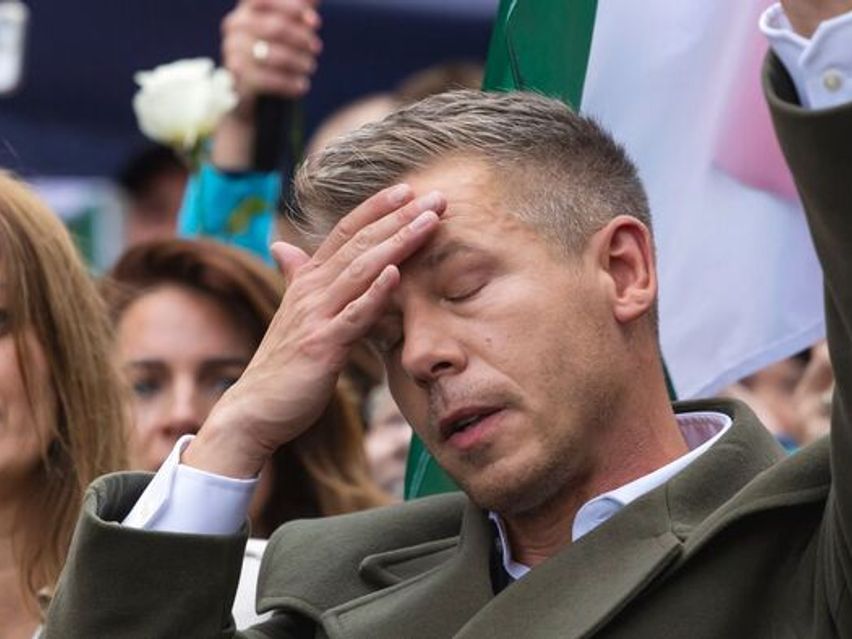How did you feel when the prime minister asked you to lead the Ministry of Justice?
It is a special honor. There are no words to describe the feeling when you receive such an invitation. However, it is important to remember that it is not a position but a task. The prime minister has asked me to take on a serious task, and with that comes responsibility.
Former MoJ Laszlo Trocsanyi was appointed EU commissioner by Viktor Orban in 2019 and left the government. There were rumors at the time that the prime minister asked you for the job. Can you confirm this?
There was no such request at that time. I had a very important job of managing the public administration back then. I think we did that job well, and perhaps that is why the premier thought I was suitable to head the Ministry of Justice.
You asked the prime minister to move EU affairs out of the ministry, which would operate in a pure, traditional structure of a justice ministry. Why do you think this change is important?
The next period will in many technical ways be about the European Union, the period of Hungary's EU presidency. It is a period of preparation. I think it is a task that requires the complete attention of a person. We do not want to neglect the area of justice, so it is the right and responsible decision to separate the two areas and create a traditional ministry of justice with its own EU implications. Law always has an EU dimension. Many rules are directly applicable and the fight is really in the legal field. But there is a preparation for the EU presidency that has many dimensions.

We must bring together various fields of expertise and synthesize European opinions, and there is a lot of team-building work to be done. In the past period, it was justified to have these two areas under one ministry, since EU law is an integral part of Hungarian law and the battle was fought in this area. Janos Boka will be the minister responsible for EU affairs in the government.























Szóljon hozzá!
Jelenleg csak a hozzászólások egy kis részét látja. Hozzászóláshoz és a további kommentek megtekintéséhez lépjen be, vagy regisztráljon!